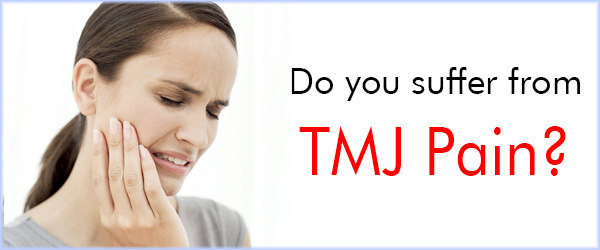Introduction
 The abbreviation “TMJ” refers to the joint but is often used to refer to any problems with the joints. Such problems include popping sounds in your jaw, not soma online being able to completely open your mouth, jaw pain, headaches, earaches, toothaches, and other types of facial pain. Most people with TMJ problems have pain that comes and goes, but some have chronic (long-term) pain.Signs and Symptoms
The abbreviation “TMJ” refers to the joint but is often used to refer to any problems with the joints. Such problems include popping sounds in your jaw, not soma online being able to completely open your mouth, jaw pain, headaches, earaches, toothaches, and other types of facial pain. Most people with TMJ problems have pain that comes and goes, but some have chronic (long-term) pain.Signs and Symptoms
• Pain, particularly in the chewing muscles or jaw joint or an ache around your ear
• Limited movement or locking of the jaw
• Pain in the face, neck, or shoulders, or near the ear
• Clicking, popping, or grating sounds when opening your mouth
• Trouble chewing
• Headache
• Also, sometimes earaches, dizziness, and hearing problems
What Causes it?
• A bad bite, called malocclusion
• Orthodontic treatment, such as braces and the use of headgear
• Wearing away of the disk or cartilage in the joint
• Stress or anxiety. People with TMJ problems often clench or grind their teeth at night, which can tire the jaw muscles and lead to pain.
Who’s Most At Risk?
• Gender — more women than men seek treatment
• Age — people ages 30 – 50 have the most problems
• Grinding teeth, clenching jaw
• Malocclusion (bad bite)
• High stress levels
How Can Acupuncture Help the Temporomandibular Joint (TMJ)?
According to ancient theories of Chinese medicine, acupuncture acts by restoring the balanced flow of Qi, or energy. Modern research has revealed scientific reasons why acupuncture is a successful therapy: in the 1970s, reports appeared in Western medical literature suggesting that one way in which acupuncture reduces pain sensation is through direct stimulation of the nerve, which changes the quality of signaling along nerve cells.
Further studies support this idea by demonstrating that acupuncture directly stimulates the release of endorphins and neurotransmitters, among other biological actions. These are naturally occurring substances that help dampen and block pain perception by the brain. Additional research is needed to further study the mechanisms behind acupuncture since many of acupuncture’s effects can still not be explained by either of these medical theories.
Whether by affecting Qi or biological chemicals, what may be more important than the way in which acupuncture works for temporomandibular joint (TMJ) disorder is simply the evidence that it does work. Needles may be inserted in the area of the pain, around the ear and the jaw. Or, because of the interconnecting pathways between the meridians, the needles may be inserted near the elbows, knees, and big toe; these distal locations can alter the flow of Qi flowing through the jaw to relieve pain and inflammation as well. Additional acupuncture points are to address other disharmonies detected in the body; correcting the overall flow of energy in the body can help relieve stress and other possible tramadol contributing factors to your TMJ disorder.
Generally six acupuncture treatments are recommended, though a mild condition might be treatable in four treatments and chronic conditions may require more. While these treatments do lead to decreased pain, long-term treatment may be necessary to reeducate the muscles surrounding the temporomandibular joint (TMJ), preventing further complications. Complete treatment also necessitates working at the level of the cause, making lifestyle changes including posture, diet, dental work, and decreasing stress.
– taken from altMD.com
